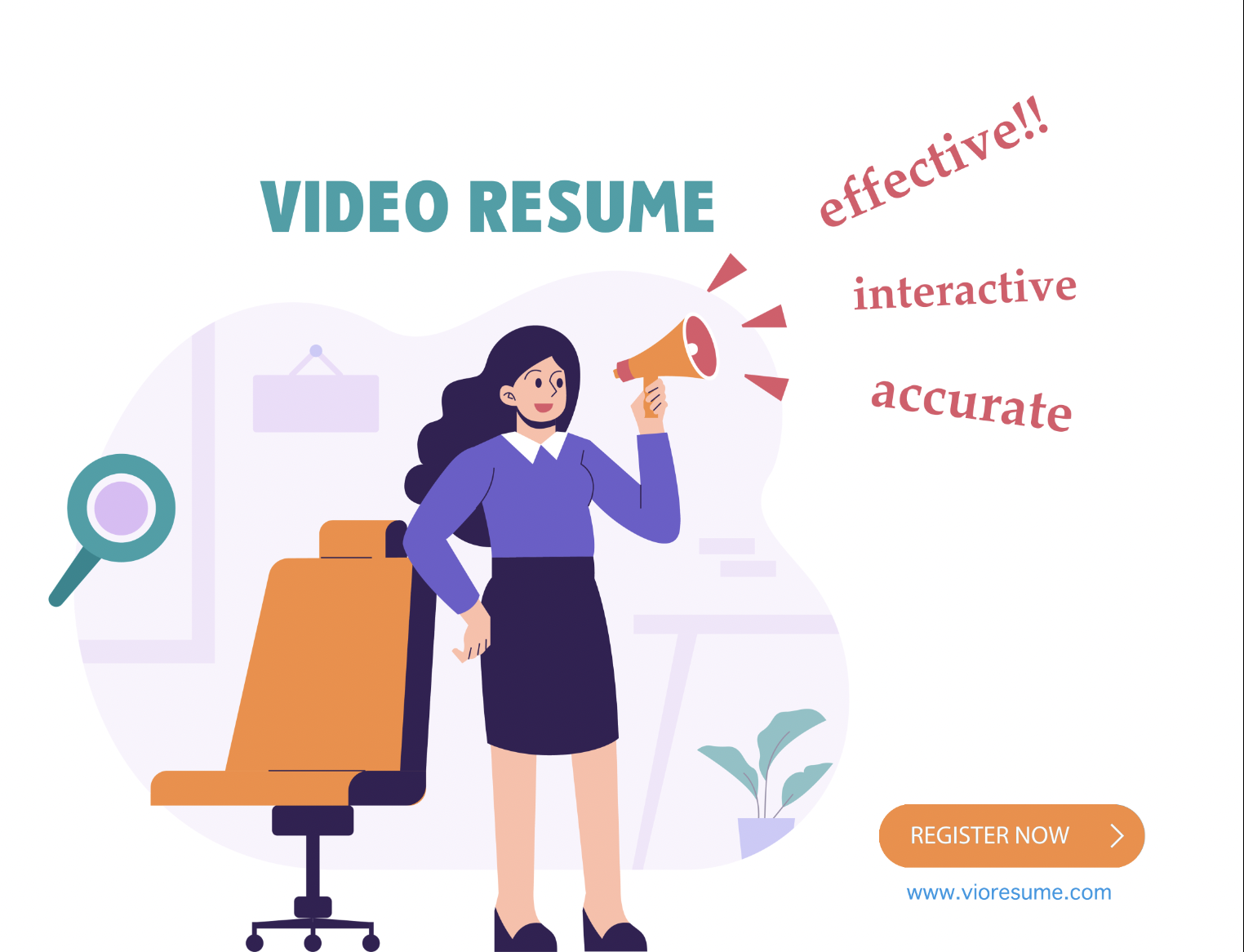1. Not Asking Questions
One common mistake is not asking questions during or at the end of the interview. Many candidates believe that by not “rocking the boat,” they’ll appear more agreeable or easy-going. Unfortunately, this approach tends to have the opposite effect, making you seem unprepared and lacking in confidence. Interviewers expect engaged candidates to inquire about the role, the company, and future challenges they might face. These questions not only demonstrate your interest and enthusiasm but also your eagerness to understand the position fully and how you can contribute.
2. Giving Overly Short Answers
Another strategy that often backfires is giving very short answers out of fear of saying the wrong thing. While it’s important to be concise, responses that are too brief can leave interviewers frustrated and give the impression that you’re not fully engaged with the topic. Imagine being on the other side of that conversation; it feels like pulling teeth. When candidates offer only 10 or 15-second answers, it forces the interviewer to work harder by asking numerous follow-up questions, making their job more difficult. Remember, the interview is your opportunity to showcase not just your qualifications but also your ability to communicate effectively. Practice opening up and sharing relevant details that highlight your strengths and experiences.
3. Overusing Follow-Up Questions
Asking for constant validation after your answers is a surefire way to appear insecure. Phrases like “Was this the answer you were looking for?” or “Does that answer your question?” after every response can make you seem unsure of yourself. While it’s okay to seek clarification occasionally to ensure you’re addressing the interviewer’s queries accurately, overdoing it can detract from the confidence you want to project. Instead, focus on delivering your answers with assurance, and trust that your responses are valuable and pertinent.
Building Confidence for Your Next Interview
To combat these missteps, focus on preparation and practice. Research the company thoroughly, understand the role you’re applying for, and prepare thoughtful questions to ask the interviewer. Practice your responses to common interview questions, but also be prepared to elaborate on your answers when necessary. By approaching the interview as a conversation rather than an interrogation, you’ll find it easier to engage naturally and confidently.
Remember, confidence in an interview doesn’t mean having all the right answers—it means being prepared to engage in a meaningful dialogue about your potential role. Avoiding these common pitfalls can dramatically improve the impression you leave on your potential employers, bringing you one step closer to landing the job.




